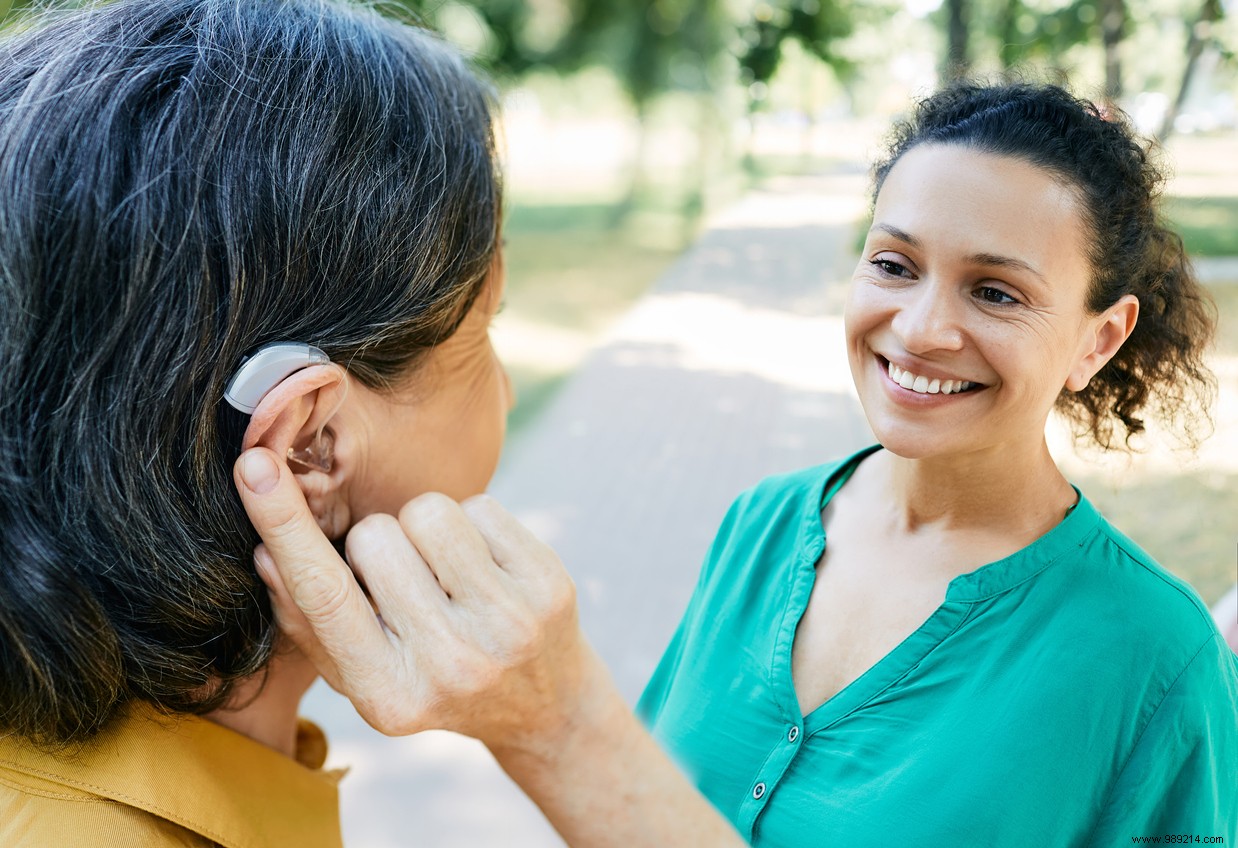The French Ministry of Health recently shared an initial evaluation of its 100% Health Reform's hearing aid reimbursement program. This initiative provides full coverage for these essential devices. With only about one-third of those in need currently equipped, the early outcomes are highly encouraging.
Hearing loss profoundly affects daily life, well-being, and overall health. Hearing aids address these challenges effectively, offering benefits like a lower risk of cognitive decline, enhanced workplace performance, stronger social connections, and greater independence. Modern devices deliver superior comfort and audio quality, driven by advancements in software.
In September 2021, the Ministry of Health assessed the hearing component of its 100% Health Reform, launched in 2019 to fully cover optical, dental, and hearing care. Officials report positive results, benefiting the approximately 3 million eligible French adults—though just 35% currently use hearing aids.
The first quarter of 2021 saw an unprecedented surge in hearing aid purchases, spanning both fully reimbursed devices and those outside the covered basket. Sales reached about 740,000 units, an 85% increase over the same period in 2021. Reimbursements totaled 270 million euros, surpassing the projected 170 million.

Notably, 40% of prosthesis purchases qualified for 100% reimbursement. Buyers span beyond low-income groups, with only 3% relying on complementary health insurance. The reform eases household budgets, encourages open discussions about hearing loss, and promotes device adoption. Hearing aid prices have also dropped by 200 euros since 2019, averaging 1,300 euros today.
One challenge remains: third-party payment adoption. Only 56% of zero-advance purchasers benefited from it, short of the 100% goal. The Ministry is addressing this through ongoing talks with healthcare professionals and unions.